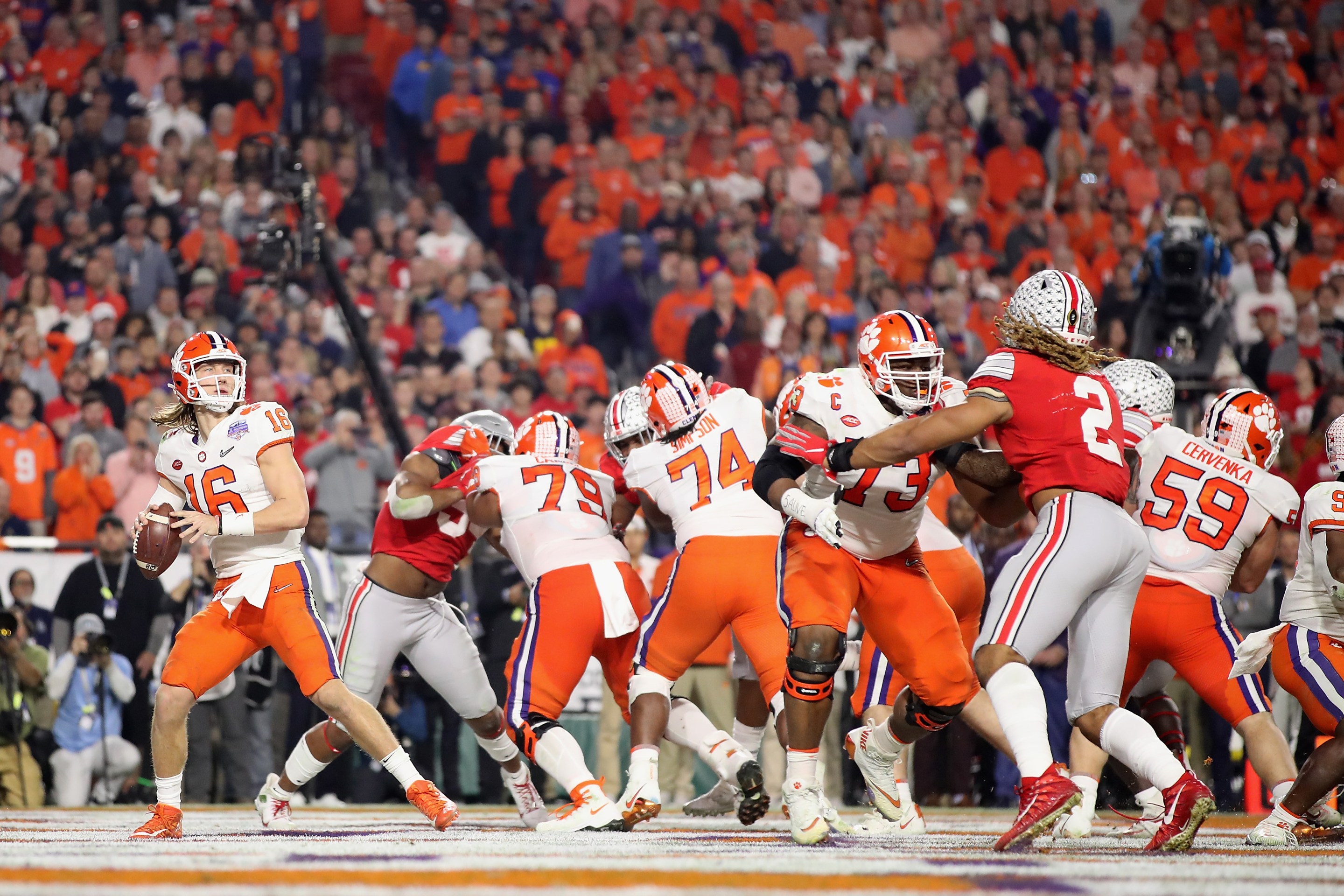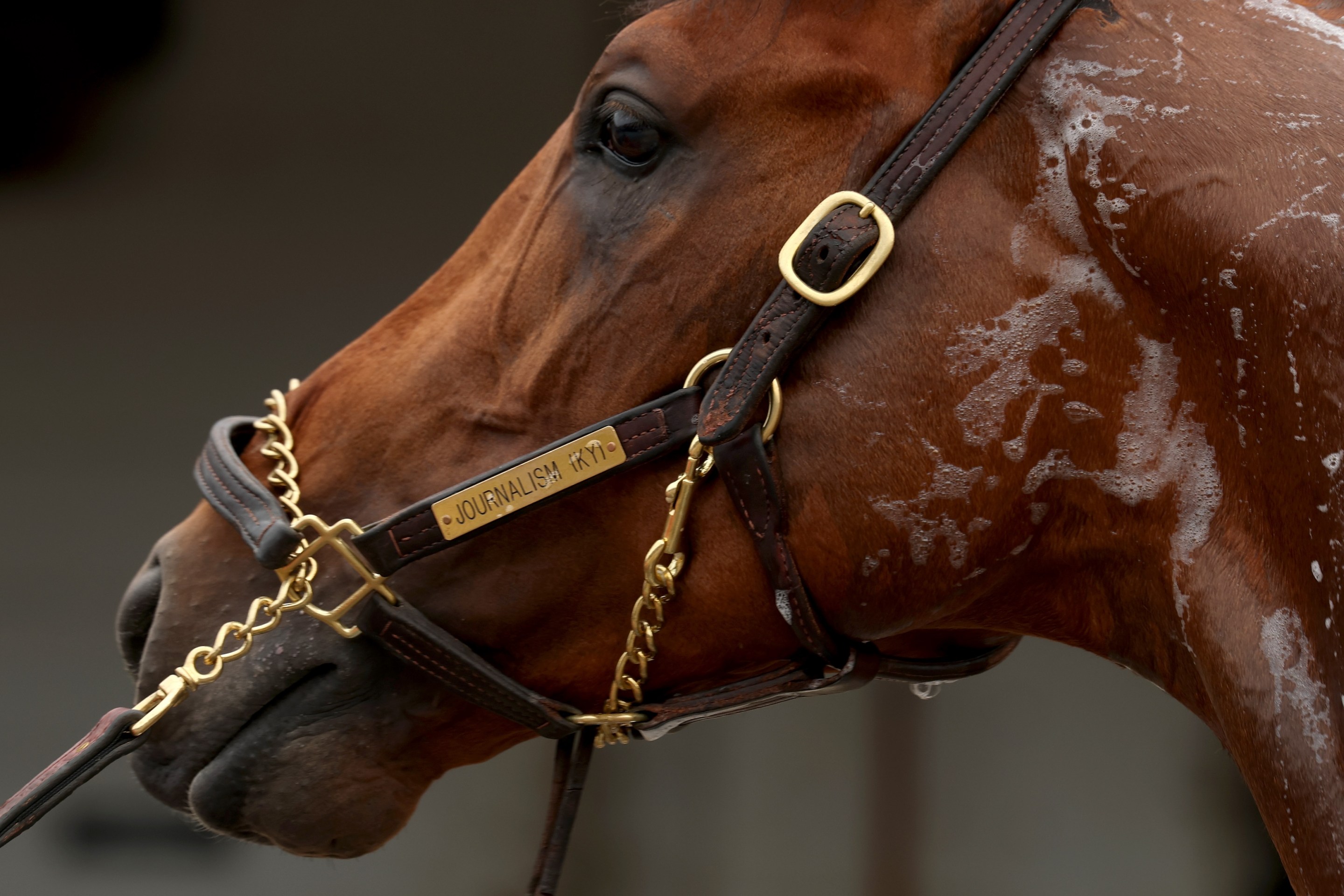The Big 10 yesterday reversed its decision to cancel college football, announcing that the fall season will go ahead beginning in October. Out of all the bits of news that have sought to explain exactly why the Big 10 decided to go back on its original decision, this one in particular has stuck with me:
College athletes have always been on the extreme wrong end of the power imbalance that college sports creates, but it's hard not to read the second paragraph in that screenshot above without coming to the conclusion that they are currently being pushed even further towards the brink.
In the weeks between yesterday's announcement and the Big 10's original decision to cancel fall sports, you probably read something about myocarditis, an inflammation of the heart that may or may not be exacerbated by COVID-19, which in turn may or may not make the virus particularly dangerous to high-level athletes. You've probably seen some alarming tweet about a high percentage of college athletes who have contracted COVID-19 being diagnosed with myocarditis, and then you've probably seen some other tweet claiming that the study those figures were pulled from is misleading, or entirely bunk.
The reality is, as The New York Times pointed out yesterday, that nobody really knows what the relationship between COVID-19 and myocarditis is, or what that relationship may mean for the safety of college football players. This is not surprising, given that we have only been grappling with COVID-19 for about six months now, and doctors and scientists are still mostly in the dark about so many aspects of the virus. We still have a lot of questions about what the virus can do to our brains, or our hearts, or what the longterm effects of contracting it can be. These questions can be answered, but that requires time and rigorous study.
The Big 10 decided its athletes weren't worth the wait. Faced with a choice between keeping the profit engine that is college football running or not sending unpaid athletes into a season that comes with uncertain health risks, the Big 10 opted for the former. That's not surprising, or even particularly galling if you've ever paid attention to college sports, because even a child can understand that this is all about money.
What keeps turning my stomach, though, is the Big 10's plan for creating a cardiac registry with its players. Not only is the conference coming right out and admitting that they don't have a full understanding of the potential myocarditis risks athletes may be facing, but they want to be congratulated for deciding that the athletes themselves will be used as the necessary test subjects to find out exactly how dangerous it is to play football during a pandemic.
At some point this season, a Big 10 college football player is going to catch COVID-19. It's possible that tests will reveal that he has myocarditis, at which point he will be subjected to another battery of tests, entered into the conference's cardiac registry, and further monitored. This player's experience with the disease will help to provide doctors and scientists with a clearer picture of the precise relationship between COVD-19 and myocarditis, and will give them a better idea of the risks posed by that relationship. Whatever conclusions are eventually settled on, be they encouraging or damning, won't matter much to the specific experience of this unpaid player. He's already gotten sick. He'll either be OK, or he won't.
Mining companies at least had the decency to send their workers into the mountain with a canary.






